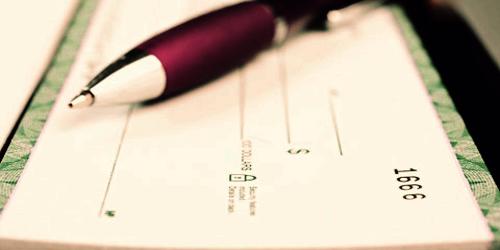Paper-based payments are in the form of cheques, demand drafts, payment orders, banker’s cheques, refund orders, warrants etc. These are also referred to as negotiable instruments. For simplicity, they are generally referred to as cheques. A payment instrument is a paper-based or electronic means or other medium used to initiate the transfer of funds. Payment instruments include funds transfer instructions (in particular, payment documents) and electronic means of payment.
Advantages of paper-based payments are that they are safer than cash, for example, a crossed cheque can only be deposited into the payee’s account. They are preferred for large amounts and a large number of payments to avoid carrying large sums of cash. Payments can be made at payer’s convenience and posted to the payee. The biggest disadvantage of paper-based payments is that it can take up to 3 – 4 working days before funds are available to use. Paper-based payment modes offered under the CMS payment solutions include cheque printing, Demand draft printing, and Internet-based cheque writing. Moreover, there is no guarantee that the payer has sufficient funds and hence the cheque may become dishonored (bounce) by the bank and it is advisable to use demand draft or banker’s cheque in such circumstances where trust is a factor. There are extra costs if the payee wants an immediate clearance of funds. Paper-based instruments have other administrative costs associated with it.
















